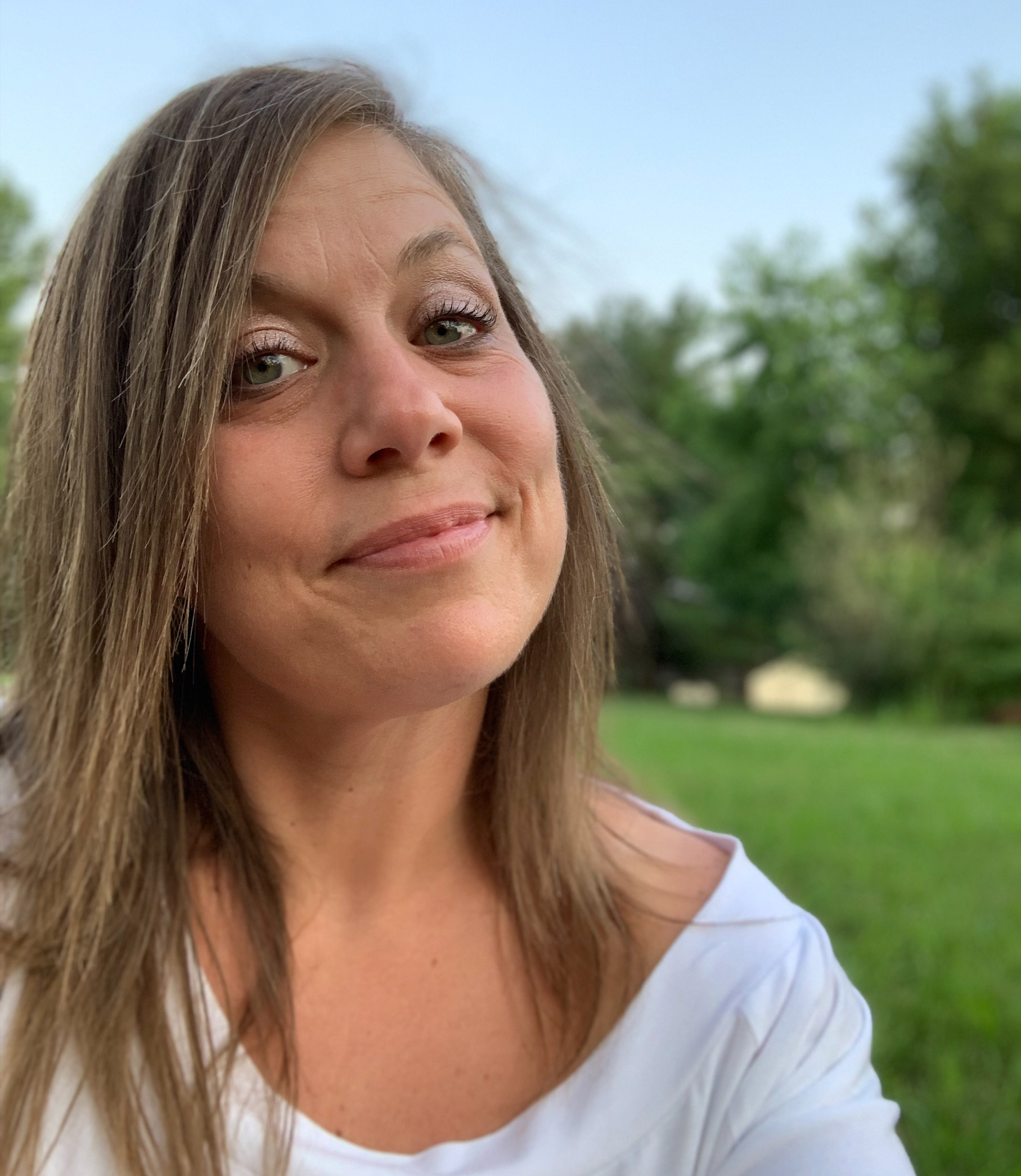
Employee Spotlight: Missie Tylen, Lead Residential Instructor
Missie joined Grafton as a Lead Residential Instructor in November 2020. Today, she works at one of our community-based group homes for girls in Winchester. Get to know Missie and learn what she loves about her job in the following employee spotlight!
Q: What made you want to work with children with special needs?
I’ve always wanted to work with adolescents who are struggling. From my own personal experience, I know there is something beneath negative behaviors. My heart is also in trauma-informed care. With youth, trauma often displays itself as behavioral issues, but there is always a reason.
Being a positive influence and teaching young people that everyone is valuable is really important to me. Everyone has a purpose. Everyone is unique in their own way.
Q: Where did you work before coming to Grafton?
My first job was helping at-risk youth through the ministry. Later, I worked with kids through juvenile detention facilities—not as a correctional officer, but in a trauma-informed role. To this day, I’m still one of the court’s community service overseers for adolescents and young adults. That job evolved into my most recent role as a Program Manager in a young-adult transitional setting that focused on trauma care.
Q: What made you want to work at Grafton?
I actually heard an ad on the radio about Grafton’s therapeutic ‘comfort versus control’ approach, which didn’t use seclusion or restraint. They kept talking about trauma, and that really drew me in. I already knew a couple people working here, and after talking with them I decided to go for it.
Q: What’s your educational background?
I’ve taken some college courses, but I don’t have a degree. I have largely focused on learning through behavioral health trainings and earning certifications that are related to what I do and what I’m passionate about.
Q: Do you feel like the training you received at Grafton has been useful?
Yes. The training model here—which is continuous training that you have to keep up with—is great. Learning about Ukeru has been huge. Any time there’s a physical intervention when we have to use Ukeru, we can request a follow-up consultation to make sure we did everything correctly and identify ways to improve going forward.
Q: What’s a typical day as a DSP like?
My day starts before I even arrive at work. I prepare mentally, and even physically, to meet the clients’ needs that day. Right now, there are three teenage girls living in the group home where I’m working. I always want the girls to walk in and have consistency and routine in the home. I want it to look, smell, and feel like a home. I want the environment to be safe and secure, so they feel comfortable ‘going deep’ with me and other staff to address behaviors. I work one-on-one with the girls, and every moment is a therapeutic moment. I follow their program schedules, build trusting relationships, and meet them where they’re at.
Q: What’s your favorite thing about working at Grafton?
Definitely the clients. None of us would be here if it wasn’t for them. I also believe in Grafton’s therapeutic, trauma-informed approach; I’ve seen it work, and it’s successful. To be successful in the life of one of our clients is my favorite thing. I love having the ability to make a difference every single day.
Q: Are there any employee perks that you enjoy at Grafton?
Grafton puts its money where its mouth is. I know from my previous jobs, there is really no other company that does what we do that can match the pay. I have so much flexibility in my schedule, and my supervisor works with me to ensure I’m satisfied with my workload. The paid time off is great. I have medical, dental, and life insurance. There’s even 24/7 assistance for people who may need support for their own mental health.
Q: Do you have a favorite story from your time at Grafton?
There are so many. Some of my favorite stories to tell are from our weekly visits to the local animal shelter. My background involves utilizing therapeutic canines in trauma work, so I know that healthy relationship styles between clients and animals can be transferred into their relationships with people (something known as transferable attachment).
Recently, I was working with an adolescent boy who is hyper-active and has a history of poor impulse control and aggressive behaviors. When he connected with a particular animal at the shelter, you could see his entire body language shift. He was not only calm, but also physically peaceful. He spoke in low tones, became tearful, and displayed empathy towards the needs of that animal. He told me what he thought that animal was experiencing and wondered aloud what it may need. It was clear that his emotion was coming from his own experiences and what he has endured. It was powerful. For me, moments like that provide insight and help me meet clients where they’re at.
Q: What would you tell someone who is thinking of working at Grafton?
You get to work with a tight, supportive team, and the salary, benefits, and training are really great. Don’t believe the hype that you may have heard. Working at Grafton is an opportunity to be creative and make a difference in clients’ lives.